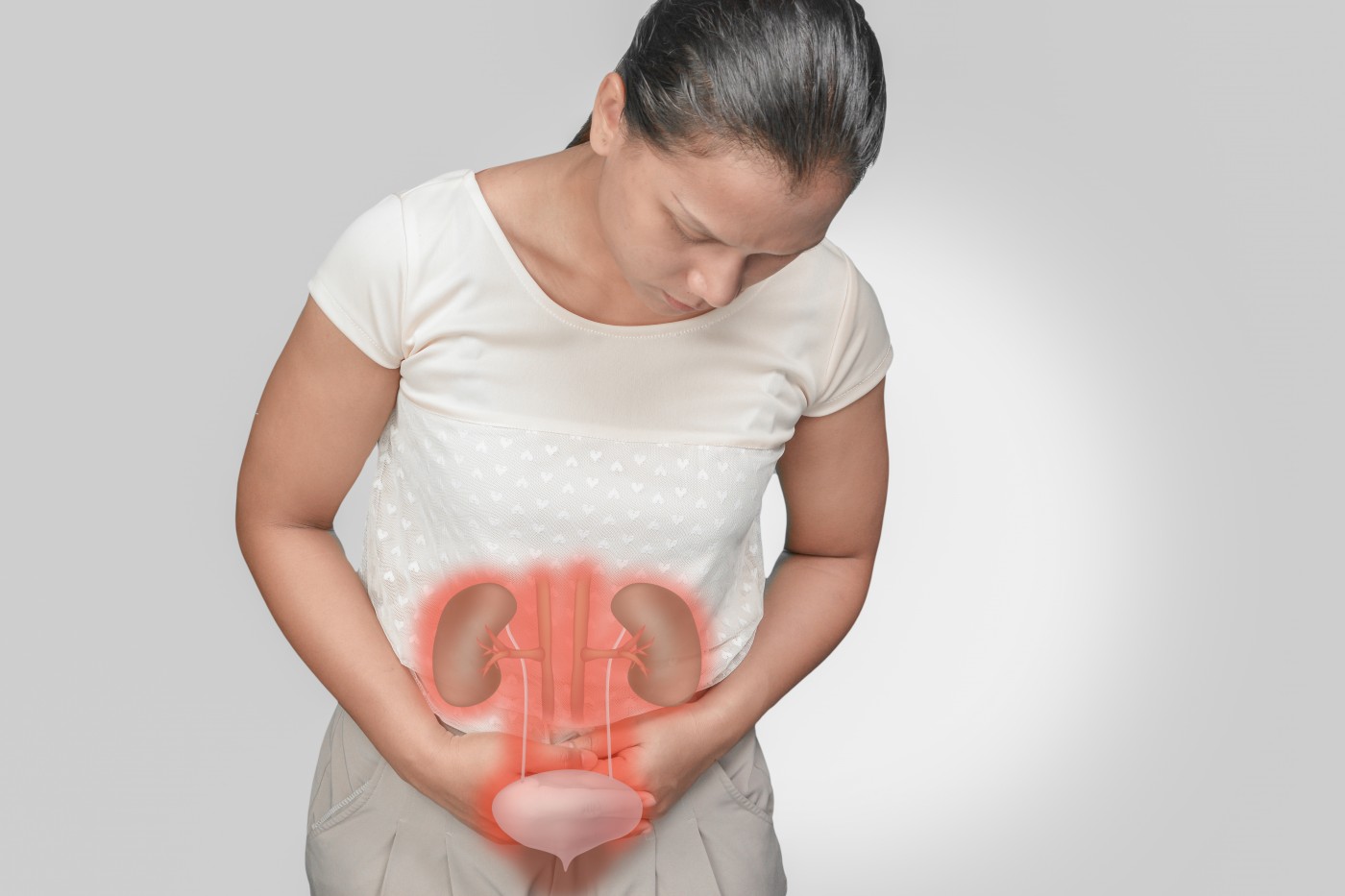MS Patients Being Recruited for At-Home Study of Bacteria’s Benefits on Bladder Health
Written by |

The United Spinal Association, a nonprofit focused on improving the quality of life of people with spinal cord injuries and disorders (SCI/D), a group of conditions that include multiple sclerosis (MS), is collaborating with MedStar National Rehabilitation Hospital and Children’s National Medical Center to study the potential benefits of the bacteria Lactobacillus on patients with bladder dysfunction due to SCI/D.
SCI/D patients who live anywhere in the U.S., with urinary symptoms due to their condition and using intermittent catheterization, are now being recruited.
Lactobacillus is a probiotic naturally found in the body, and often used to aid digestion. In a previous study, the MedStar Hospital’s research team observed that patients with bladder dysfunction due to SCI/D had much lower levels of Lactobacillus in their urine compared to people without the condition.
“In response to this finding, we have decided to investigate whether Lactobacillus, when put back into the bladder, might have a role in controlling the growth of bacteria that cause urinary tract infection, which may limit urinary symptoms and possibly reduce the need for antibiotics,” Dr. Suzanne Groah, MD, a researcher at MedStar National Rehabilitation Hospital, Spinal Cord Injury Research Center, in Washington, D.C., said in a press release.
The study will target the benefits of this bacteria to the urinary system, namely bladder health. It will run for 18 months and be divided into three parts, each lasting for six months. Parts 1 and 3 consist simply of completing a weekly survey, and Part 2 includes the introduction of Lactobacillus into the bladder when symptoms occur, as well as a weekly survey.
Researchers hope the study will yield promising results and lead to the development of therapeutic treatments to reduce urinary symptoms, improving patients’ health and quality of life. In addition to MS, SCI/D conditions include spina bifida, amyotrophic lateral sclerosis (ALS), and post-polio.
According to the National Multiple Sclerosis Society, bladder dysfunction occurs in at least 80 percent of MS patients. It happens when MS lesions interfere with the transmission of nerve signals in areas of the central nervous system that control the bladder.
For more information about the study, including how to participate, contact Inger Ljungberg, MPH, by email at [email protected] or by phone at (202) 877-1694.


